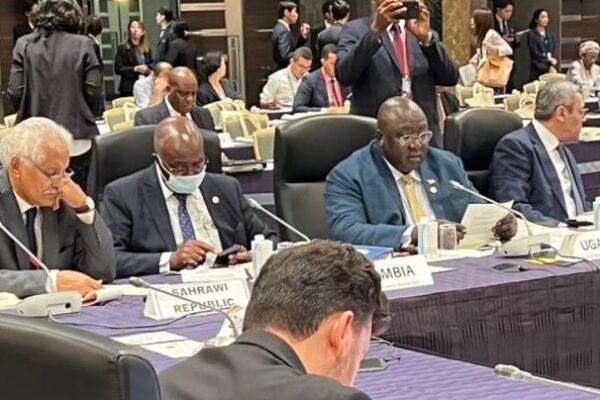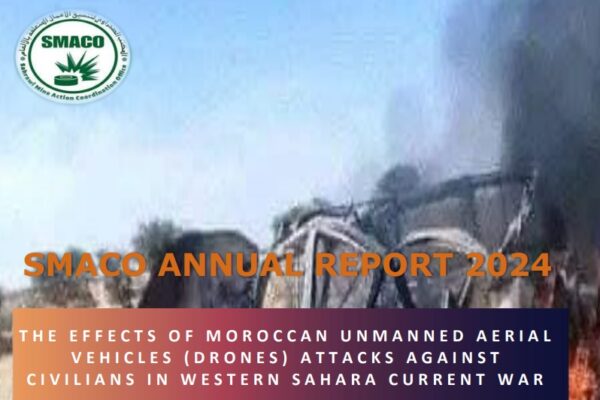Namibia and South Africa Welcome EU Court Ruling on Western Sahara, reaffirming support for decolonization

Namibia and South Africa Welcome EU Court Ruling on Western Sahara, reaffirming support for decolonization
Namibia and South Africa jointly welcomed the recent ruling by the European Court of Justice (ECJ) regarding Western Sahara, during a meeting of the Political, Diplomatic, and Legal Committee of the Namibia-South Africa Bi-National Commission, held in Swakopmund, Namibia from October 14-15.
The two nations hailed the ruling as a crucial victory for the people of Western Sahara in their ongoing struggle for self-determination, considering that it directly upholds the relevance of Namibia and South Africa’s long-standing stance that that “only the people of Western Sahara have the right to decide on the utilisation of the resources of Western Sahara in accordance with their right to self-determination”.
The ECJ’s judgment, delivered on October 4, 2024, confirmed that the European Commission had breached the right to self-determination by including Western Sahara in trade deals with Morocco in 2019, despite the UN’s clear designation of Moroccan presence as an illegal occupation.
Namibia’s Minister of International Relations and Cooperation, Dr. Peya Mushelenga, and his South African counterpart, Ronald Ozzy Lamola, jointly reaffirmed that the Sahrawi people have the sole right to decide on the use of their land and resources.
This joint position reflects a continued commitment by Namibia and South Africa to support anti-colonial struggles across Africa.
Both nations have consistently backed the independence of Western Sahara and rejected any form of economic or political activity in the region that ignores the will of its people. Their stance highlights that the exploitation of Western Sahara’s natural resources without the consent of its people is a violation of international law, which is the exact conclusion of the EU Court of Justice’s ruling.
The meeting of the Bi-National Commission provided a platform for both countries to reinforce their diplomatic cooperation on key regional and international issues.
The ECJ ruling has renewed hope that global justice can contribute to the resolution of Western Sahara’s colonial status and end Morocco’s illegal occupation.
Namibia and South Africa’s leadership in advocating for Western Sahara’s right to self-determination remains a beacon of solidarity in Africa’s broader decolonization agenda.






